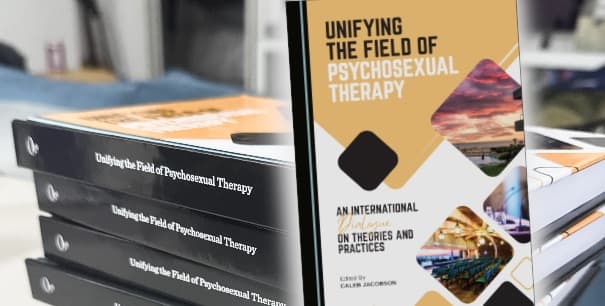Sex & Autism 3: Exploring Touch & Sensuality
Far too many people believe that everyone with autism is touch adverse. While this situation might be true for some people, not everyone with adult autism despises being touched. In fact, many of us crave touch in specific ways. We’ve worked with many neurotypical people who would rather not be touched. All of us enjoy being touched in certain ways and places— and would rather not be touched in other ways and places.
Autism Sensory Sensitivities & Touch
More than not wanting to be touched, most people with autism prefer to be touched in specific ways and places as well as not touched in certain ways or places, just like “normal” people. Autism does not automatically make a person asexual or lacking in sexual desire, sexual curiosity, or sexual feelings. People with autism will experience sex and sexuality somewhat differently than neurotypical folks. Keep in mind that their experience is their reality.
In our country, healthy communication around sex is sorely lacking. Sex education is usually focused on abstinence and a list of diseases one will contract from promiscuity. Many people in our society have allowed advertising, music, movies, pornography, and social media to become the next generation’s primary sex educator. Social media perpetuates misinformation. Pornographic content fosters a skewed arousal template due to depicting sex without intimacy, communication, caring, or consent. Sex can be brutal and geared to only fulfilling a man’s pleasure at the woman’s expense. People consuming porn often experience a false sense of normalcy that may exacerbate feelings of inadequacy and direct actions without adequate consent.
Sex and sensuality can be very connective and regenerative when the people involved communicate and forgo common assumptions and presumptive sexual roles. Autism or not, the best and healthiest way to discover someone’s sensual and sexual likes and dislikes is through communication, discussion, exploration, and experimentation around sights, sounds, smells, tastes, and touches without shame or judgment. Talk about who can initiate touch— some folks with autism don’t like to be touched unless they invite others to touch them.
A safe way to begin is with “I like”...“this way” statements. For example, combine the words “I like to have my hair stroked this way” or “I like to hold hands this way” with physical demonstrations of the action sharing pressure and tactility as well as location. Then let your partner demonstrate their understanding of the action on you.
In sex therapy, Chris utilizes a purple vulva puppet to help facilitate discussion and sharing of likes and desires. With or without a puppet or surrogate, each partner asks, “Do you like being touched here or in this way?” as they touch the other. Begin the exploration phase with sensate touches of non-sexual location. Proceed towards sexual touches as both of you feel comfortable.
In review, when exploring sensual touch with a partner with autism, 1. Take your time, 2. Be inquisitive, 3. Talk about the experience as you experience it, 4. Yucks and Yums can change over time.
Join us next week as look at characteristics of a healthy relationship in the next installment of Sex on the Autism Spectrum.







